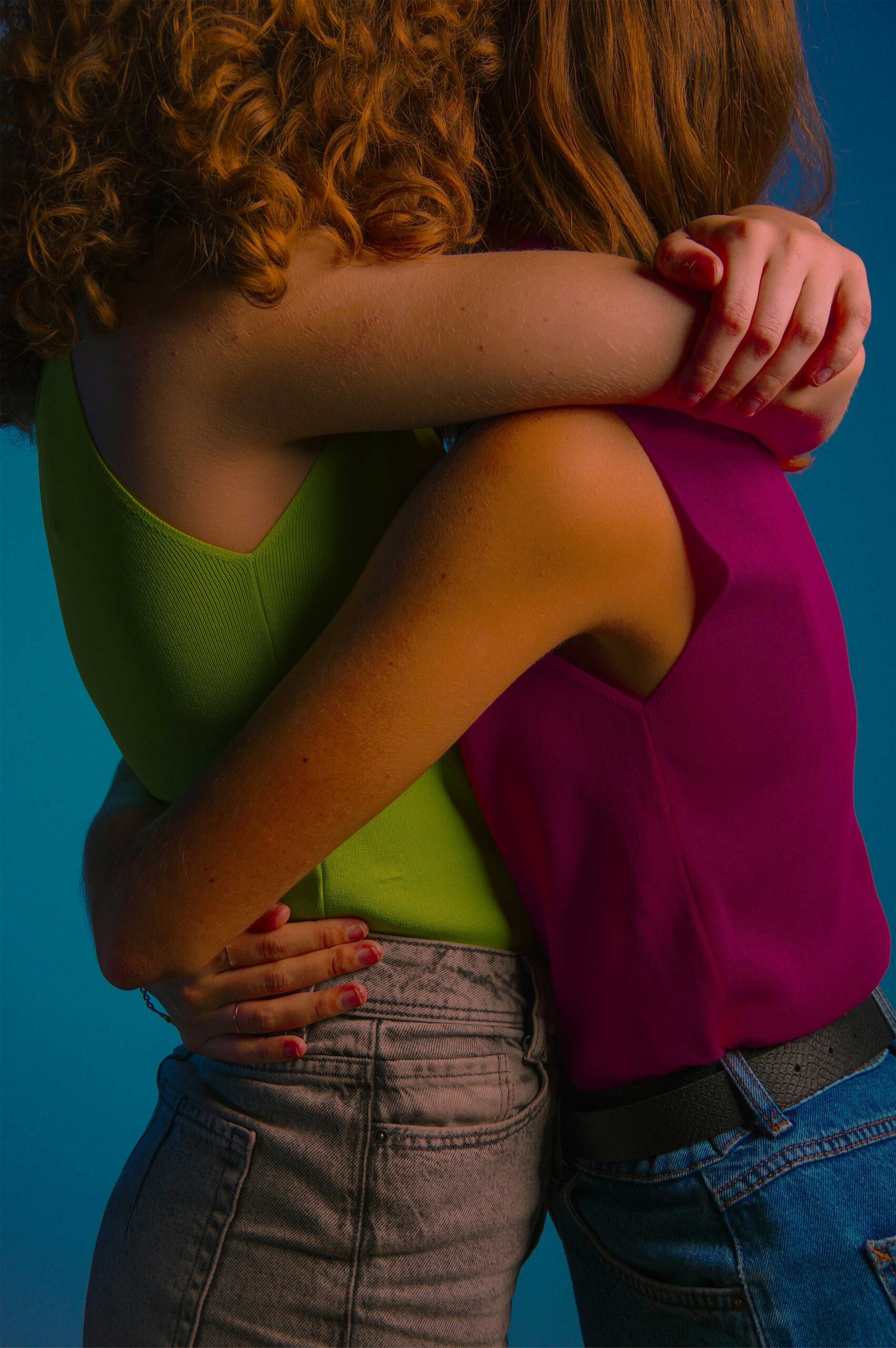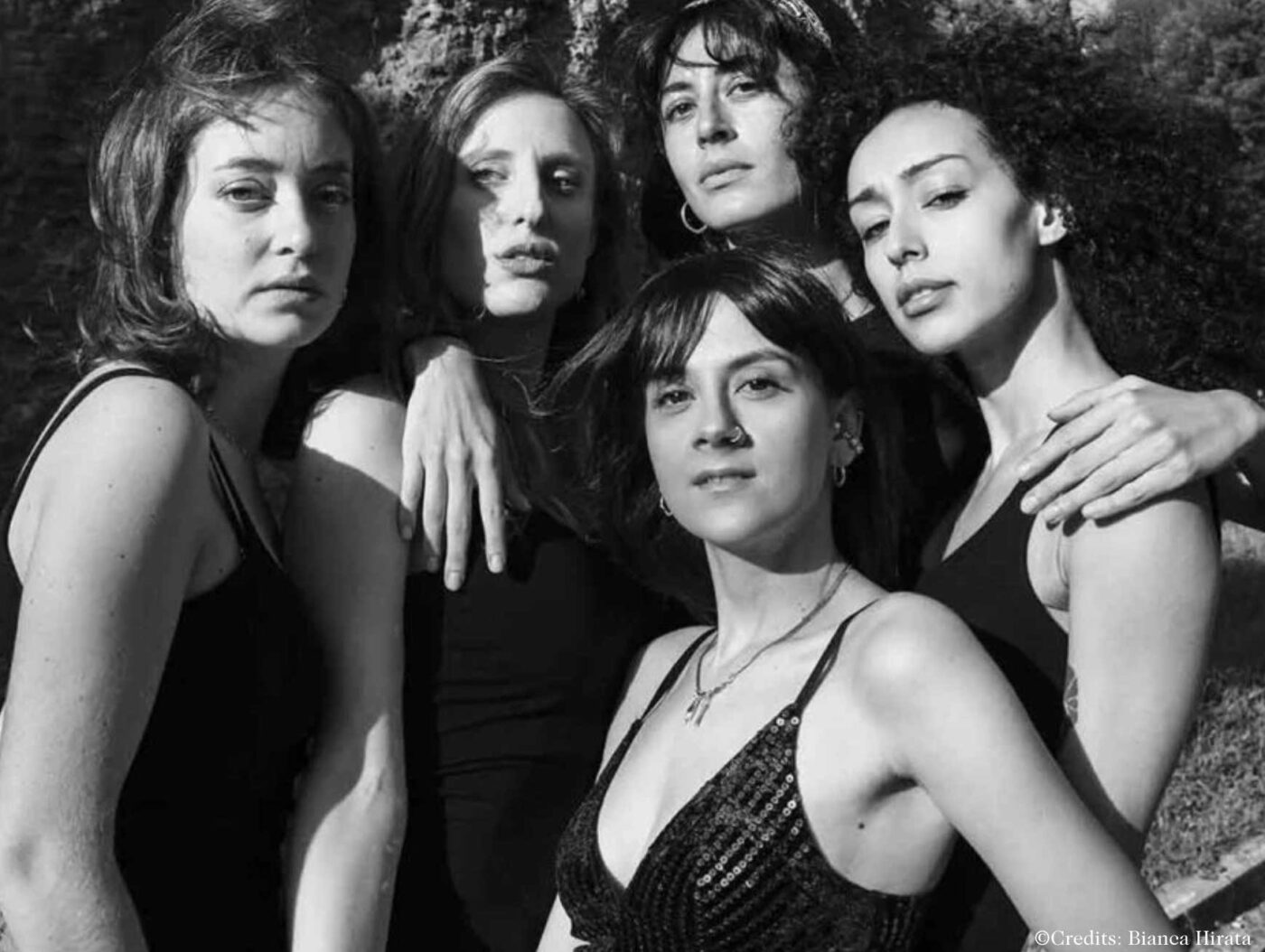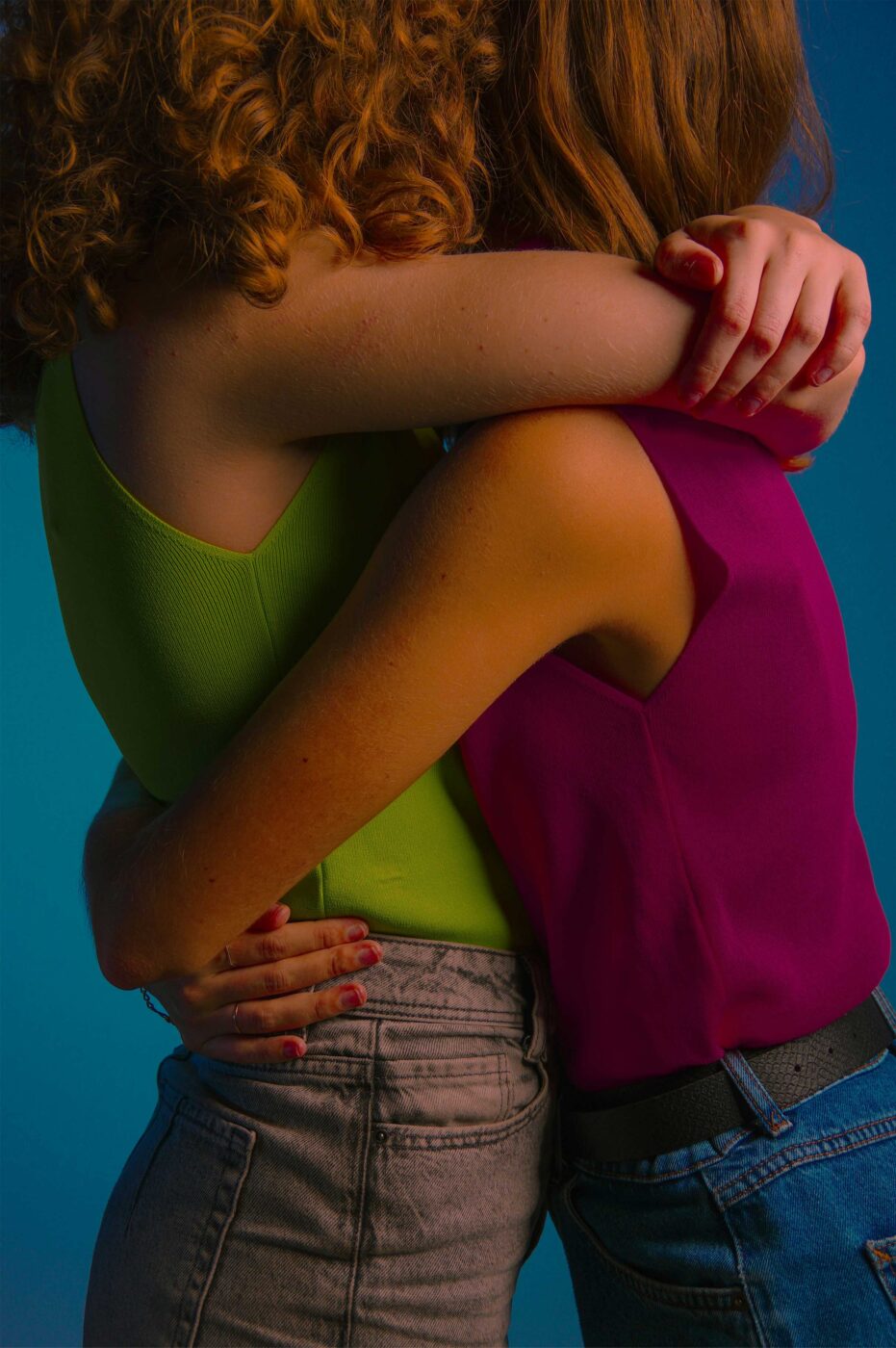DonneXStrada
It’s no surprise that one of the most dangerous realms for women are the streets. That’s why clinical psychologist Laura De Dilectis took to them–well, metaphorically. In 2021, together with a group of all-female psychologists, the Roman native founded the non-profit organization DonneXStrada. With the goal of combating gender-based violence, they offer psychological, legal, gynecological, and nutritional support through a network of over 200 professionals. Key initiatives include the Safe Taxi for secure transport (especially after hours), DXS Lab for high school education on harassment and consent, and Punti Viola–safe spaces created in public establishments that are specifically trained to support victims. Active across Italy, DonneXStrada is expanding in 2025 with more Punti Viola, corporate collaborations, and strengthened safety programs. Volunteers and donors can contribute via their website.
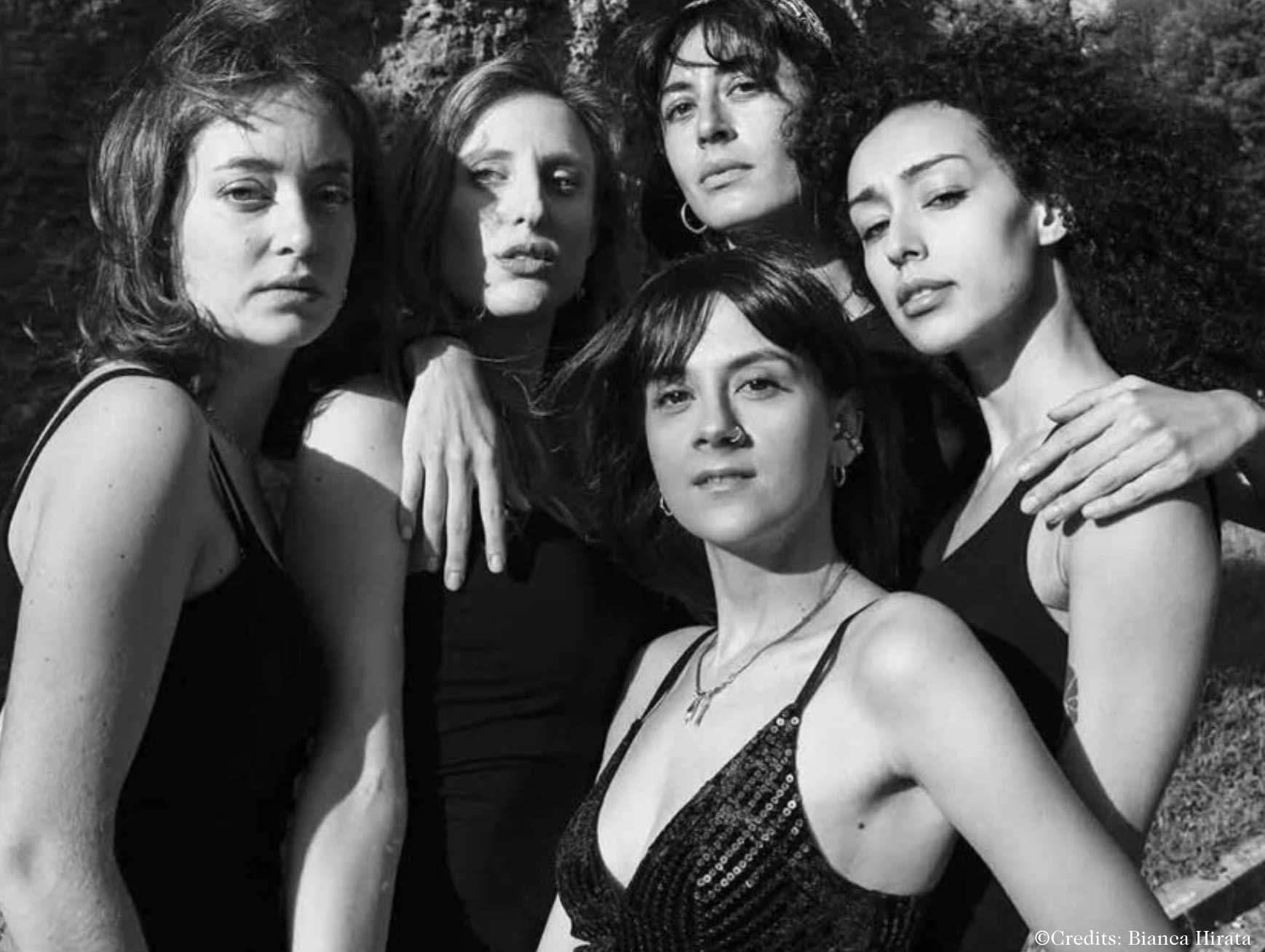
Members of the DonneXStrada team
Semia
Semia is Italy’s first independent feminist fund, dedicated to strengthening the country’s feminist movement by providing financial support, resources, and networks to both public and private organizations fighting for gender equality. With an intersectional approach, Semia focuses on breaking down systemic barriers, whether they are related to gender, class, ethnicity, disability, or geography. Founded by a team of women, Semia funds grassroots initiatives, creates spaces for feminist debate, and builds alliances to drive real change. Their work is crucial, and they join some 40+ other organizations around the world that are dedicated to the same cause. By investing in projects that promote self-determination, economic independence, and anti-violence efforts, Semia is actively shaping a more just and inclusive society where feminist action is not just supported, but sustained for the long term.
D.i.Re
D.i.Re stands for Donne in Rete Contro la Violenza Logo (Women in Network Against Violence). But the title of this organization is also a thoughtful play on words, since “dire” means “to say” or “to tell”. One of their most powerful resources is their anonymous (and free) online chat, where you can message with representatives from Monday to Friday, from 12:00 PM to 4:00 PM (excluding public holidays). Working specifically to combat male violence against women, this national association unites over 88 smaller organizations, operating 117 anti-violence centers and 66 shelters that provide vital services, including psychological and legal counseling, support groups, emergency housing, and professional training. With often secret addresses, the shelters are open to women and their children. Since its formal establishment in 2008, the association has focused on promoting cultural change and raising awareness about the prevalence of violence against women, advocating for its legal recognition as a crime against humanity. D.i.Re also works on legislative reform, supporting women through various projects that offer psychological support, financial aid, and career guidance. Each year, the association helps around 23,000 women. One important arm of the organization is “Leaving Violence. Living Safe”, which works specifically for the advocacy and care of asylum seeking and refugee women who are sexual and gender-based violence (SGBV) victims. (Another great organization to know about is Differenza Donna, part of D.i.Re from its founding until 2019, which works towards similar goals and is now a member of the Women Against Violence Europe network.)
La Malafimmina
The term La Malafimmina–“The Bad Woman”–has historically been used to shame or stigmatize women who defy societal norms, especially in southern Italy. Instead, the eponymous feminist organization works to reclaim this term, celebrating women and members of the LGBT+ community. La Malafimmina is the first feminist association in Italy to address both gender issues and territorial disparities, with a focus on the south. Founder Claudia Fauzia is a queer Sicilian woman and expert in gender studies, working as a consultant and trainer in the field of diversity and inclusion, collaborating with both companies and third-sector organizations. Through activism, education, and advocacy, La Malafimmina challenges systemic inequalities in the south, building alliances with other similar grassroots movements across Europe. One of the most important projects is their workshops around Italy that discuss “terrona political identity”, yet another word that once was used to derogatorily define southern people. Claudia has received the Rosa Parks Award 2022 and the Susan Treadwell Memorial Award 2024, and given two TEDx talks on her findings with the organization.
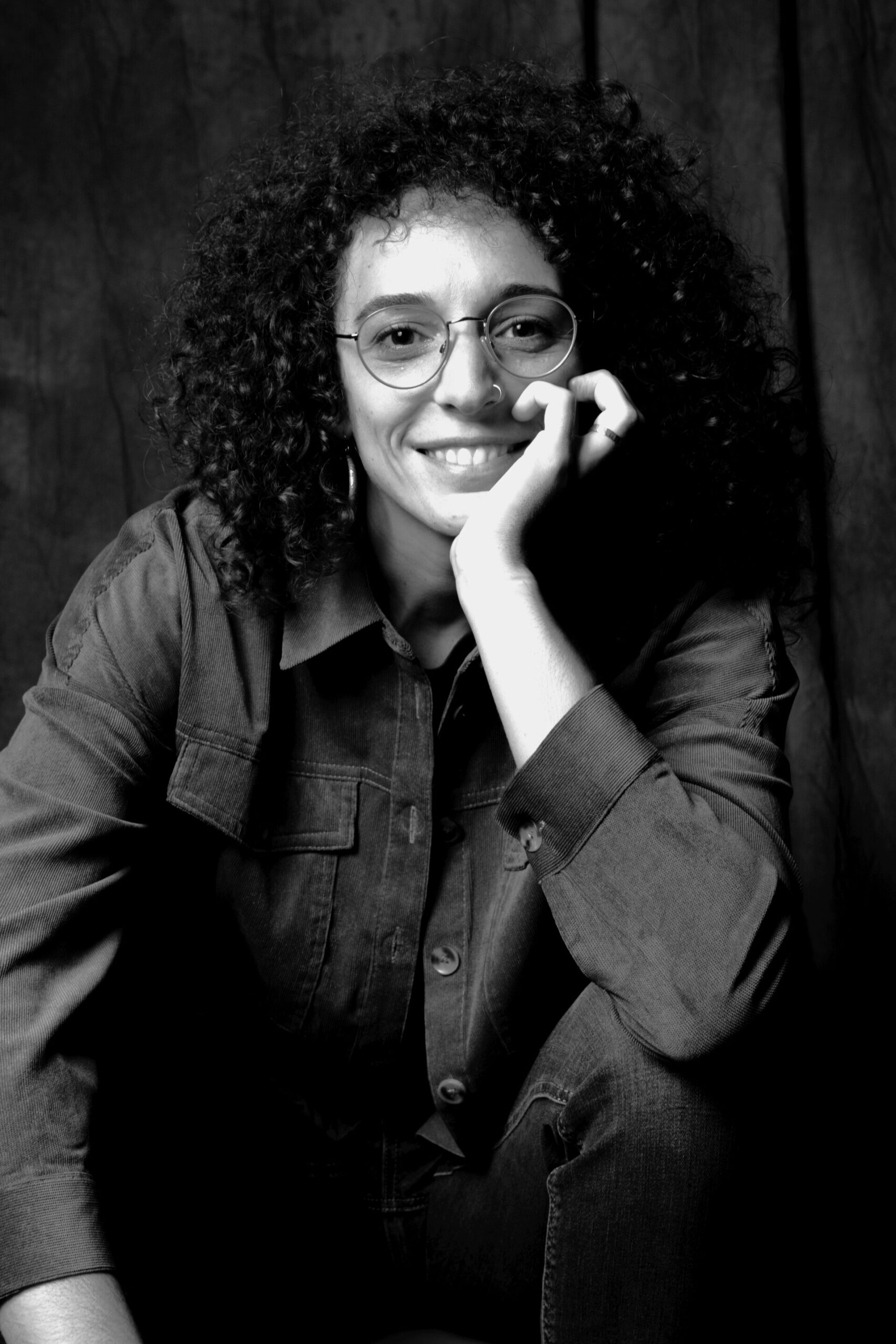
Claudia Fauzia, Founder of "La Malafimmina"
Be Free
In 2007, a group of seasoned anti-violence and anti-trafficking advocates in Italy established Be Free Cooperativa Sociale to combat human trafficking, violence, and discrimination against women. Operating across Lazio, Molise, Abruzzo, and Umbria, Be Free manages shelters and anti-violence centers, providing support to approximately 1,500 women annually. Their comprehensive services include psychological assistance, legal counseling, and professional training, all grounded in a gender-sensitive and human rights-based approach. The cooperative also emphasizes empowerment, offering orientation and professional training programs to help women rebuild their lives. Through national and international projects, Be Free fosters inclusive networks and collaborations among public entities, social organizations, and international bodies to holistically address and prevent violence and discrimination.
Bonus: VIOLA
The same founder as the aforementioned DonnexStrada, Laura De Dilectis founded the VIOLA app in 2022, which has a safety hotline you can call, with video, if you feel unsafe walking home; built-in video recording means you have evidence, if needed. It stores emergency contacts and also tags your location when you make a call, helping you to feel safer whether walking at night or navigating unfamiliar areas. The app is available in Italy, Germany, Austria, Switzerland, Belgium and France, with hopes to expand in the coming years. Volunteers who will help respond to distress calls, especially at night, can get involved at their website.
